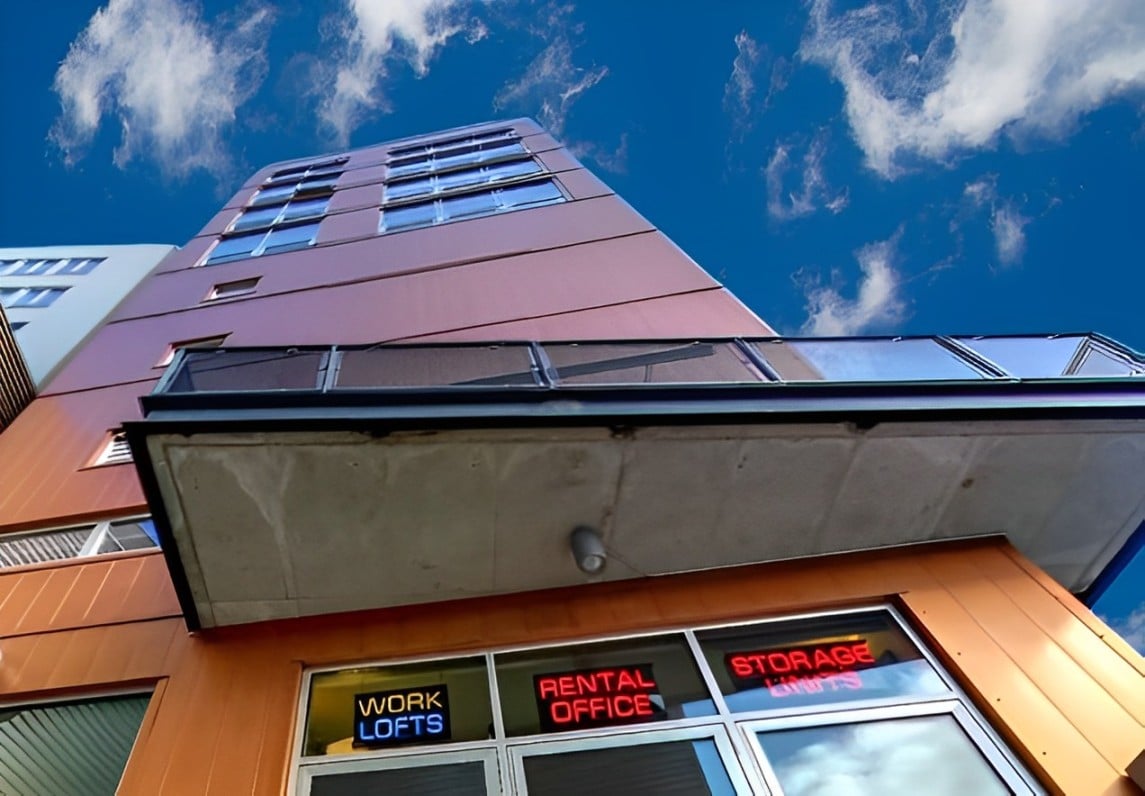Storage Emergencies
Helping Customers In Distress
Upon recently returning to the U.S. from a vacation, I immediately received a text message on my cell phone that had originally come in on Sat. night around 8:30 p.m. The text read: “Hello. I tried calling the office and you guys are closed; I need a storage unit immediately.”
When I called the number, it went to a woman’s voice mail. After waiting about five minutes to see if she would call back, I sent a reply text saying that I had just left her a voicemail and I could help her with a storage unit.
A few minutes later, I received this text: “This is her husband. My wife is bipolar and was having a moment where she needed to get out and leave. Unfortunately, she committed suicide instead. I thank you for trying to help. I hope you understand.”
Since then, I have told myself that I cannot carry around the guilt from this. Yet, I can’t help but wonder if she might still be alive today if she had rented a storage unit that night. Trying to get a unit was a cry for help. And, while it may have only been a symbol of change, it may have given her a glimmer of hope for something positive to come. Getting no help, she turned to a worse alternative.
Upon reflection, I have come to realize that we could—and should—be more prepared for the rare crisis cases that come our way.
While this was the first suicidal situation that I am aware of, we have had several women show up to rent a storage unit over the years that were beaten and bruised by an abusive husband or boyfriend. We even had to call the police once to stop a woman who was beating a man on our property.
Our company slogan is “Serenity Storage solves problems”. Most of the problems we solve are relatively minor, such as a cluttered garage or an unexpected move. We have taken in fire and tornado victims, and do great things in those situations; our company policy is to give two month’s free rent to these people. But we are not as prepared for the domestic violence or mental illness cases that might come our way, especially since many mental illness and domestic issues arise outside of normal business hours.
I am not suggesting we become counselors. But what if we prepared ourselves by having some literature and business cards available from local crises centers or counselors? What if we have a list of professional mental health or domestic abuse shelters and their emergency numbers available at our facilities? In this way, perhaps we could introduce a client in distress to someone who is trained to help them in a way that we cannot.
These community relationships can work both ways. If someone is in desperate need of a storage unit at 9 p.m. on Saturday night, it is a fair and compassionate question to ask “What’s up?” when they get there to rent the unit. Likewise, if a crisis center has our emergency number and has just taken in a battered woman, we may be a resource for them if they need to move immediately. After all, are these individuals in any less need than those who have experienced a fire or tornado?
As a first step, I have asked the staff at our facilities to have my personal cell phone number as a backup contact after office hours. Many of my managers forward office calls to their cell phones when covering their facility remotely or after business hours, and we will continue to do that with one caveat: My cell phone must be given as a backup contact on their voicemail recording in the event a caller in crisis cannot reach them.
In addition, I have asked my staff to help me develop a list of suitable crisis contacts, relationships, and literature that can help a person in crisis. This isn’t something that we will create overnight, but it’s something we need to do. Moreover, this is in no way a marketing opportunity for our business. This is a sincere opportunity to perhaps help people in crises when they might need it the most. I’d appreciate hearing your thoughts: dkolstedt@serenitystorage.com.
More Content
Popular Posts
The self storage industry is in a precarious...
The REITs new pricing strategy – lowering...
With the approval of both companies’...
Recent Posts
Ramey Jackson is the CEO of Janus...
Imagine preparing to move and needing to...
Owning or managing a self-storage facility...
Helen Keller is quoted as saying, “Alone we...
It’s often been said that “opportunity is...
There’s a saying in Florida that there are...
The landscape of the self-storage industry...














